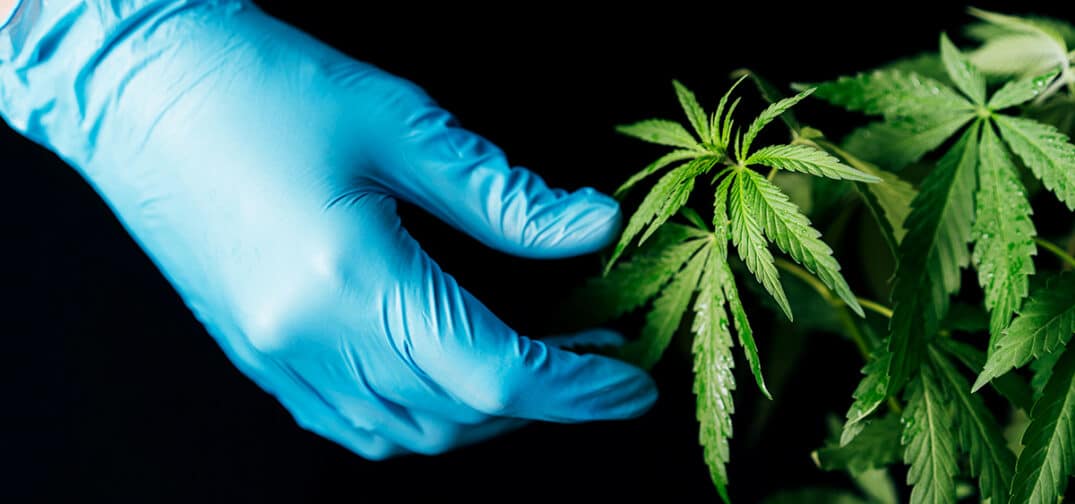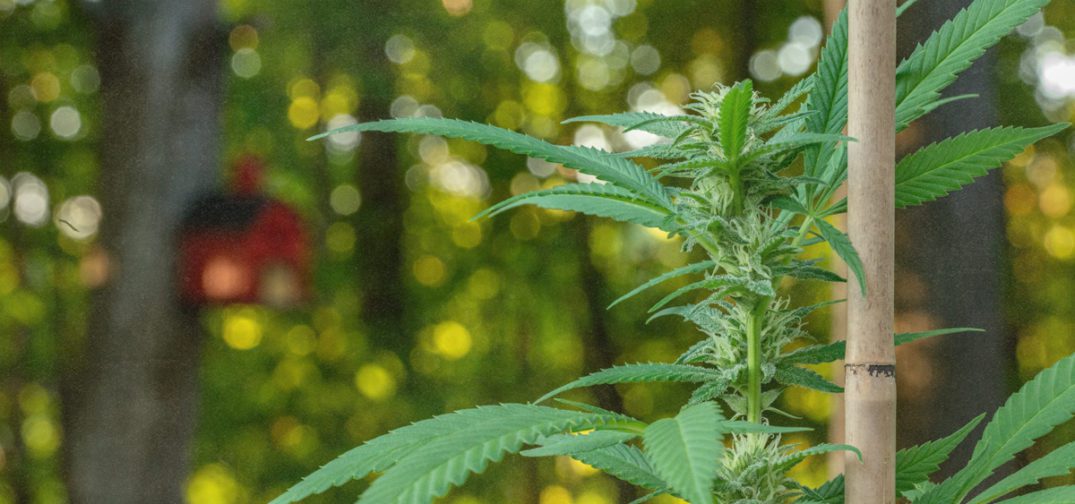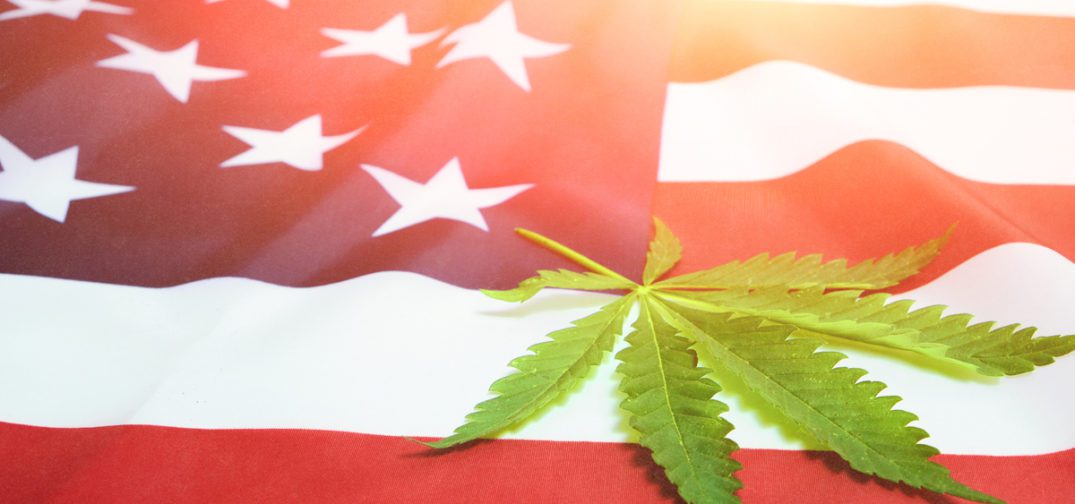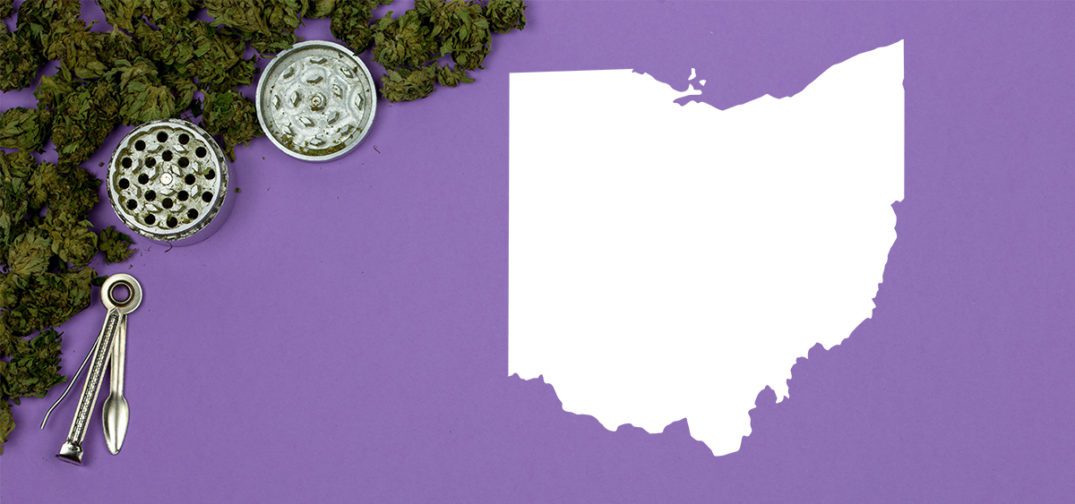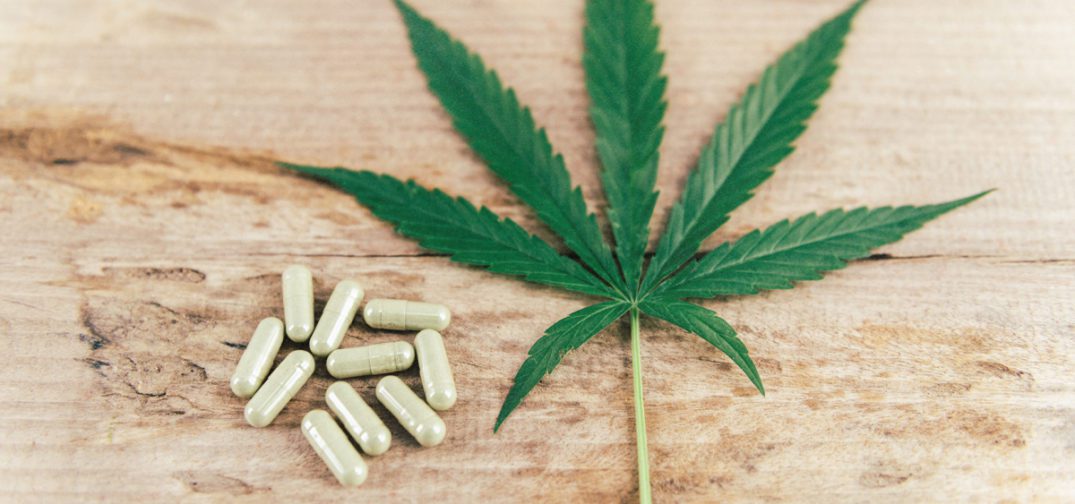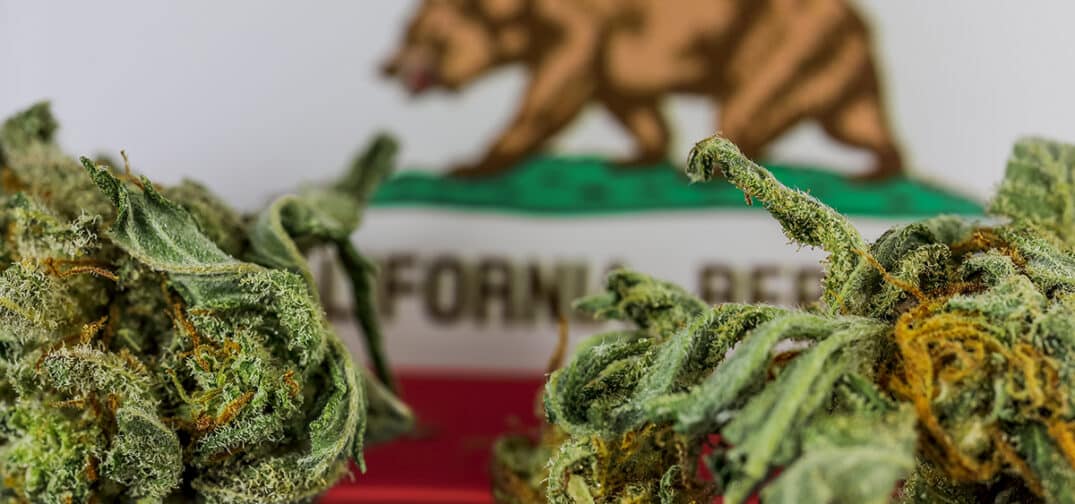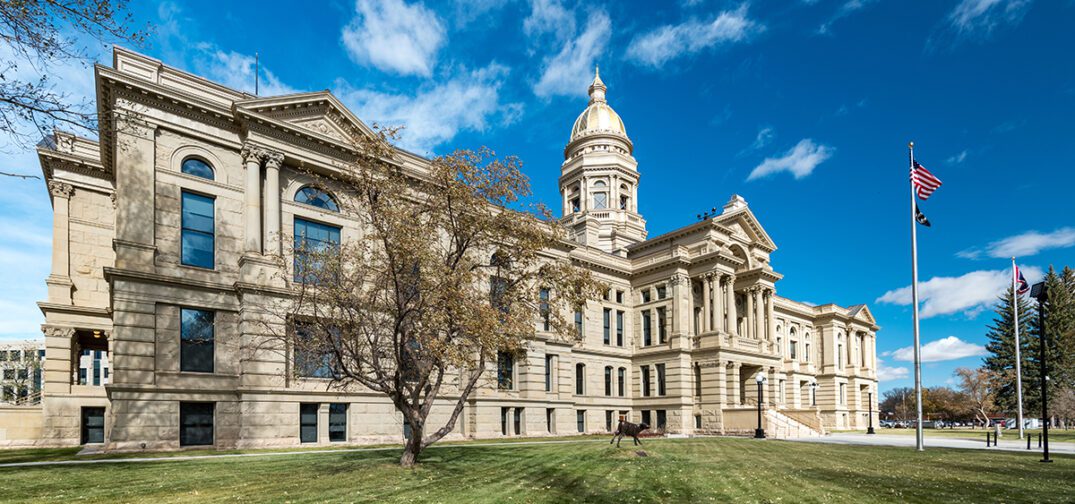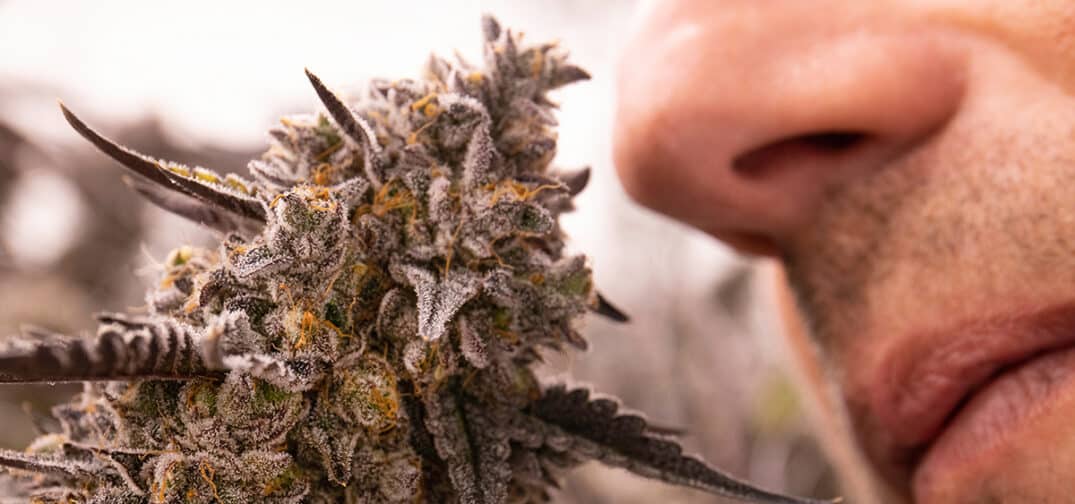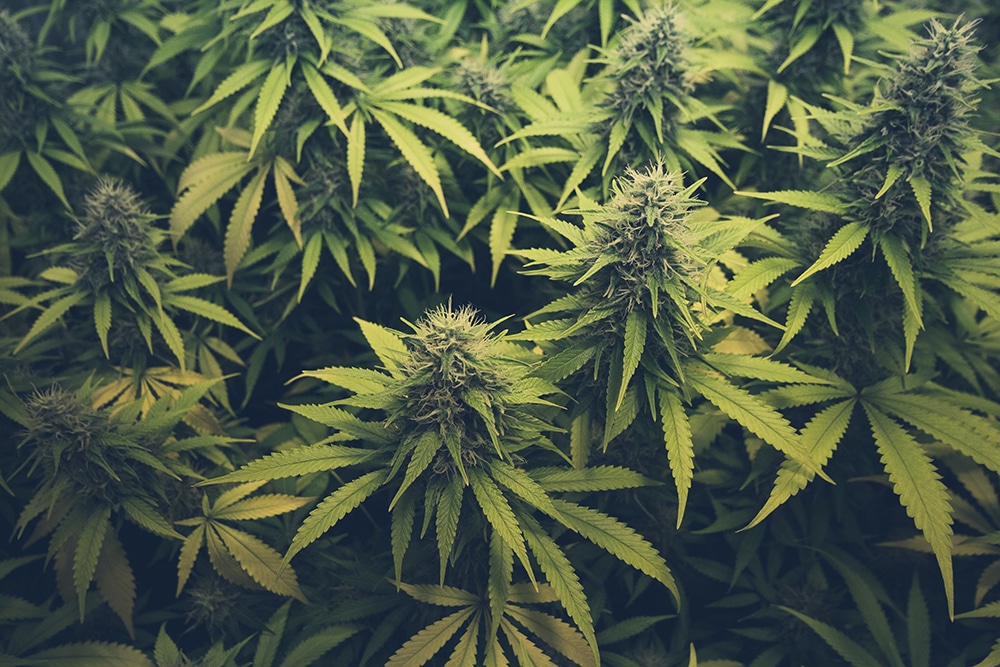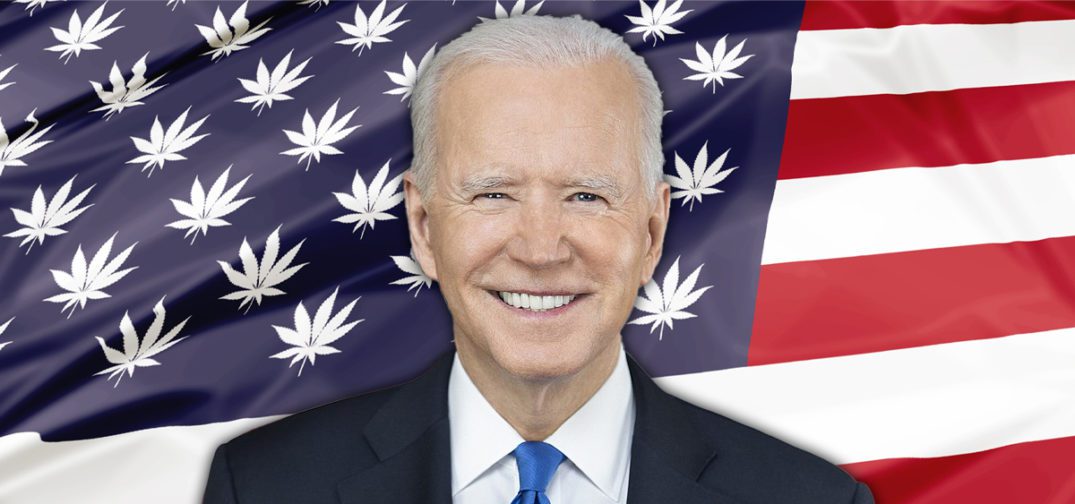Wash your hands? Duh. Clean hands don’t spread germs.
Wash your gloves? Should you? Do you have to? Cliff notes to this blog; no, you should not have to wash your gloves. But truth be told, we had a lab test new gloves right out of the box and … if you saw what we found, you may think twice about needing to wash them before they touch your product.
The Dark Side of Cannabis Gloves
This story doesn’t start in a village far away; it starts a little over five years ago. We, at Eagle Protect, ordered a mix of gloves that were currently available for sale and sent them to a third-party lab for testing. 2,800 gloves from 26 brands, which included a mix of medical and food-grade gloves, were tested. All the gloves were new and unopened. We wanted to get a glimpse into what the status of the glove market actually was.
We were shocked. Our research found:
- 50% of the gloves were found to carry fecal indicators. Yes…components of poop were on half of the gloves.
- 260 unique and viable microbes were detected, including E. Coli, Listeria, Anthrax, Salmonella and you guessed it, Aspergillus.
- Based on CFU sample measurements, we could expect to see 100,000 colony-forming units (CFU) per glove. This means there could be over one million CFUs per box of gloves! I’m not a scientist, but even I can tell you that this is outrageous and completely unacceptable.
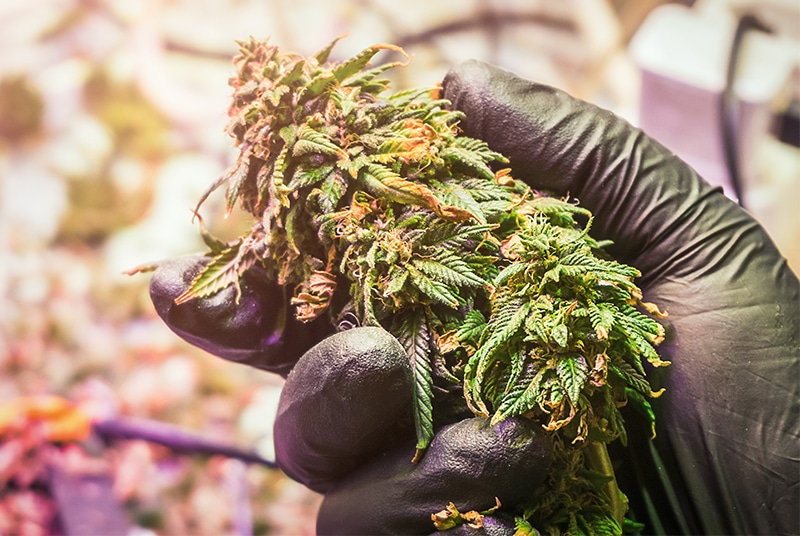
Enabling Glove Contamination
How does this happen? How is there so much contamination on new disposable gloves, an item meant to improve cleanliness and help mitigate contamination? Basically, it boils down to dirty water (pun intended), poor water sources, poor filtration, contaminated systems and so on. Gloves are frequently washed during manufacturing. Oversimplifying it, everything in that dirty water is now on your gloves.
This isn’t fair, you say. We agree. How does a box of contaminated disposable gloves get past government compliance checks and onto the shelf?
Most gloves used in the cannabis industry are FDA-compliant for food handling. To be compliant with FDA (21 CFR 177), an initial one-time test is conducted by the factory in southeast Asia and is focused solely on the chemical content of the glove and the potential for any harmful chemicals to migrate from the glove onto the food or product it touches. FDA Food Compliance does not require gloves to be clean or without holes. And to top it off, disposable gloves are not inspected upon arrival into the US. The actual gloves imported to the US are never tested to see if they are clean or not full of holes. The glove industry has a little bit, ok, a lot of bit, of the honor system built in.
Fighting to Protect Cannabis Companies
This is not fair! It’s not fair to the company, who should be able to trust the products they buy to uphold the standards the product is intended for. It’s not fair that the company, which has no way of truly knowing whether their gloves were made responsibly, is the one that is 100% responsible for the ramifications of potentially contaminated gloves.
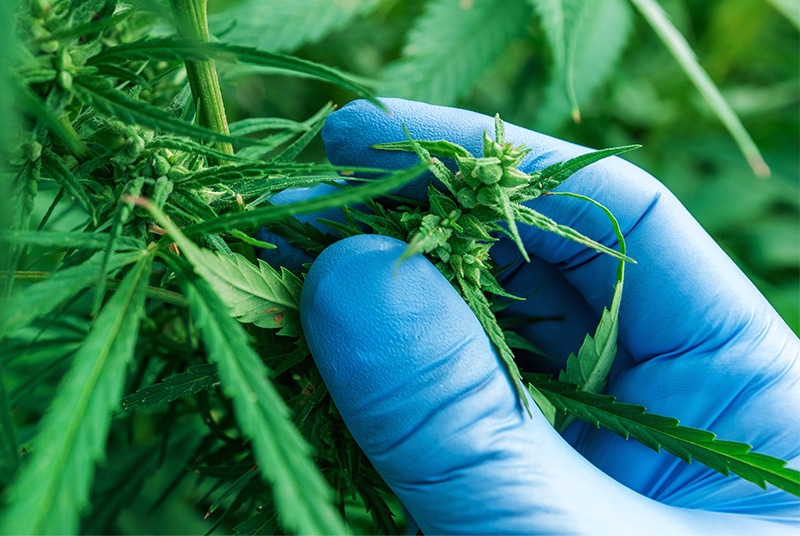
What can you do?
First off, we recommend asking questions. Ask about the factories that manufacture the gloves. Ask for factory and supplier certifications. What are they doing to prove they are producing a cleaner and safer glove that will protect your product, your workers and your brand?
Secondly, don’t settle. Find a supplier that can continuously supply you with a trustworthy and consistently high-quality glove. Don’t let a distributor send you whatever they have on the shelf unless you like to live wildly and play contamination roulette.
Third, look for red flags. Are your gloves constantly ripping? Do they irritate your skin? Are sizing and quality inconsistent? These are all red flags telling you to find a better-quality disposable glove. If you want to learn more about the specs of the right cannabis glove, read our previous blog, Glove Essentials: Cannabis Industry Must Knows.
Of course, we’re biased. We know we source the best cannabis gloves on the market. But we can also confidently say that if you put in a little work finding a reliable and consistent glove supplier, you’ll never have to think about gloves again. Inventory will always be available. You will receive the same product (that works) every time. Less ripping. Fewer skin issues. One thing off your plate for good. Wouldn’t that be nice? It’s not too good to be true. And truth be told, you may save a little green along the way.
End
